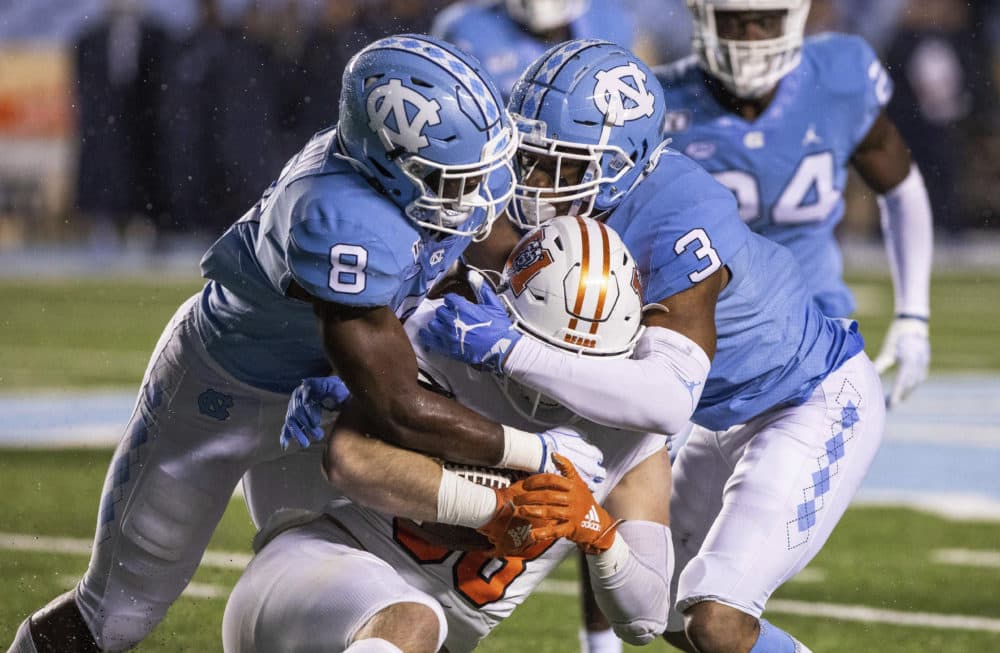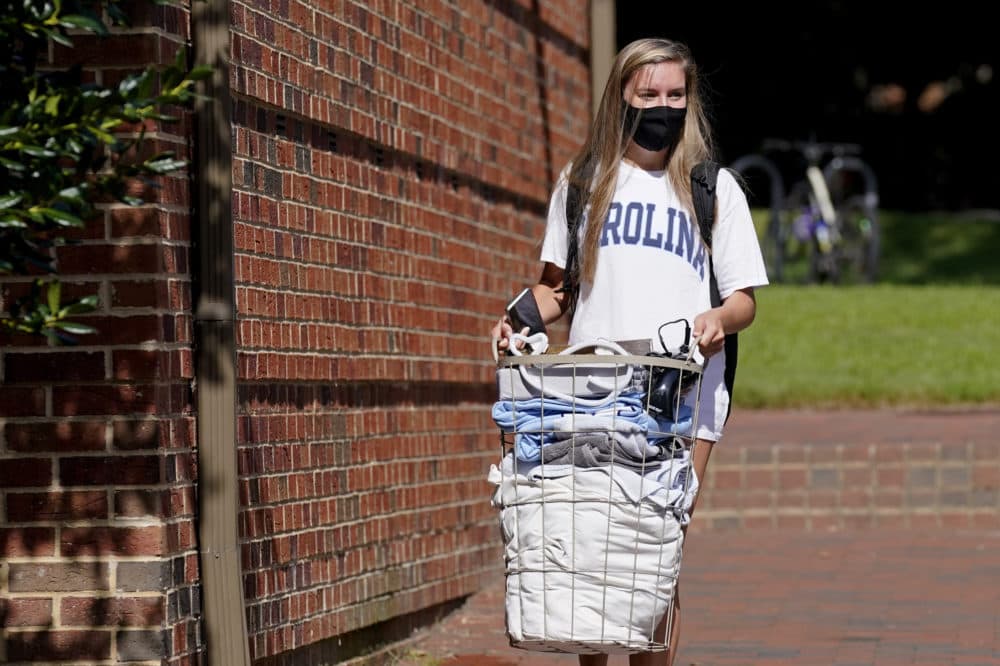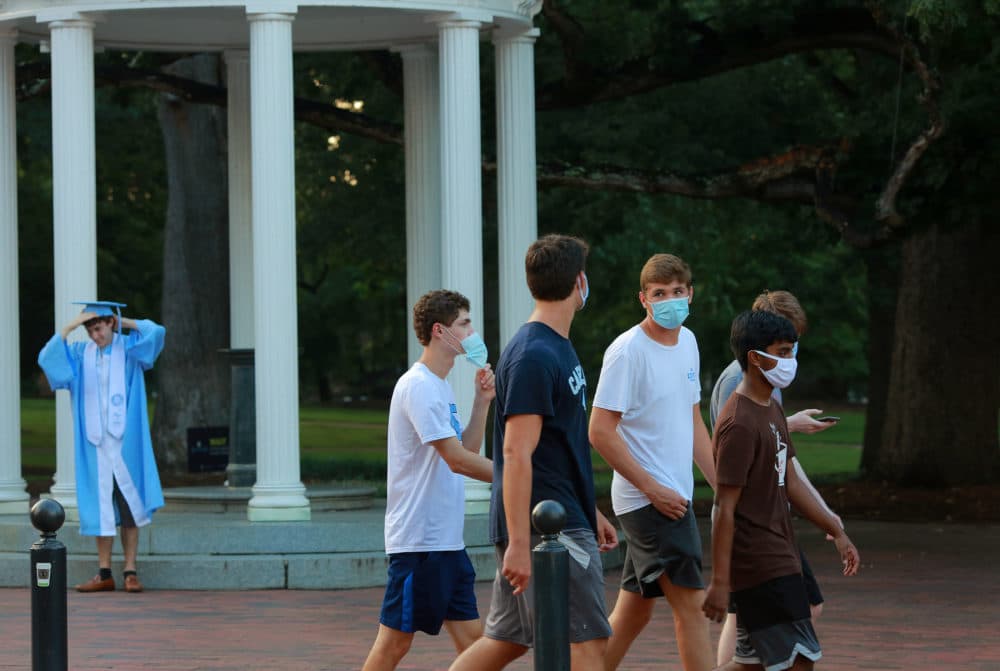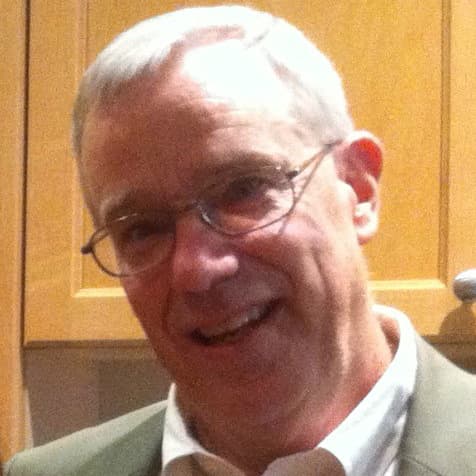Advertisement
Commentary
College Football Returns. And Student Players Become Collateral Damage

“All of the Division I commissioners and every president that I've talked to is in clear agreement: If you don't have students on campus, you don't have student-athletes on campus.” – NCAA President Mark Emmert, May 9, 2020
Hmmm. You think the deans, provosts and other esteemed educators at the University of North Carolina missed the memo? It sure looks that way.
Those in charge of molding the minds of impressionable students at the Chapel Hill campus invited everyone back for the fall semester, COVID-19 be damned. After an utterly predictable surge in cases — did the people who established these back-to-school guidelines actually go to college? — the university pretty much emptied the campus, sending the students home to study remotely.
With one glaring exception. The athletes were told to stick around. The university leaders may consider the health of the non-athletes important but they clearly see the health of the athletes, especially the football players, as a distant second to what their talents can generate for the university’s coffers.
It’s outrageous and wrong but, not surprisingly, the Tar Heels are not an outlier in the football-obsessed South. They differ only from Georgia, Clemson, LSU and the other football-mad programs in that they sent the non-footballers home. North Carolina, with its bare-boned campus empty but its beefy football team ready to go, is still scheduled to open its season on Sept. 12 at home against Syracuse.
What could possibly go wrong?

Universities across the country are trying to navigate an obstacle course with blinders. It’s not an enviable position. With the coronavirus still spreading and no national plan to control it, let alone stop it, how do you balance the health needs of a student body in a pandemic against the pressing needs of cash? How do you balance, as Jackson Browne wrote, “the longing for love and the struggle for the legal tender?”
Sadly, there is no balance. It really is all about the Benjamins. Why are colleges bringing back students at all in such a potentially hazardous situation? Money. Why are schools like North Carolina acting wisely in sending students home and stupidly in keeping athletes on campus? Money. And can we please dismiss, once and for all, the term “student-athlete.” North Carolina has rendered it meaningless.
And why haven’t the Atlantic Coast Conference, Southeast Conference and Big 12 Conference canceled football for the fall? Money. Even as the University of Alabama announced more than 500 new COVID cases on Monday.
Advertisement
Most of the smaller conferences have wisely opted to cancel fall sports, even as many bring students back to campus. The Big Ten (which actually has 14 members) and the Pac 12 surrendered to the inevitable, canceled the fall sports season and announced their members might play football in the spring.

Joining North Carolina in the ranks of the fraudulent is another venerable institution of higher learning, Notre Dame. Last May, the university’s president, Rev. John I. Jenkins, wrote a smug opinion piece for The New York Times headlined, “We’re Re-opening Notre Dame. It’s Worth the Risk.”
Jenkins noted he shared a Jesuit education with Dr. Anthony Fauci. Great. What Jenkins does not share is Fauci’s medical background. The university president went on to write that Notre Dame would test here and there, quarantine if necessary, contact trace and — insert laugh track here — institute preventative measures such as hand-washing, mask-wearing (in certain instances) and social distancing. These are college students, not seminarians.
But what really came across as disingenuous were Jenkins’ three reasons for opening the campus: protecting the students and loved ones, offering “an education of the whole person” and, of course, advancing human understanding.
Jenkins used the word “courage” or “courageous” four times in the last two paragraphs to describe his decision-making process. Courage? What’s courageous about rolling the dice on public health? The decision wasn’t about courage. It was about cash. Remaining solvent is a legitimate concern for all colleges and universities but don’t peddle it as courage.
And, of course, no sooner did the school open and all those obedient and health-conscious students arrive in South Bend than Notre Dame had to move to online instruction for at least two weeks because of a COVID outbreak. Jenkins said the campus might have to be shut down if things didn’t improve, adding, “The virus is a formidable foe. For the past week, it has been winning.”
For the past week? What planet has he been living on? This is the same man who said in May, “we believe we can keep our campus environment healthy.” How’d that work out?
But as the virus spreads across the land of the Golden Dome, rest assured that the Fighting Irish football season won’t be derailed by such a trivial inconvenience as COVID-19. Notre Dame is still scheduled to host Duke on Sept. 12.
The games must go on and, more importantly, the money must keep rolling in. Not even a virus that has killed more than 170,000 is enough to make the high lords of higher education in three major conferences reconsider. They kneel to the football gods. They bow to the cash grab. The health of the students and the athletes? Collateral damage.
